Throckley





Counting on Katherine by Helaine Becker
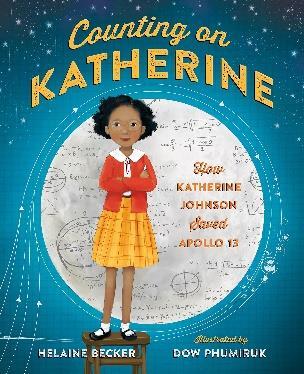
One Little Bird by Sheryl Webster
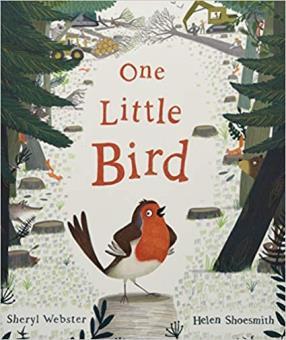
Under the Same Sky by Britta Teckentrup
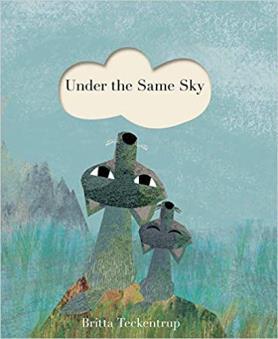
The Invisible Boy by Trudy Ludwig Elmer by David McKee Stuck by Oliver Jeffers
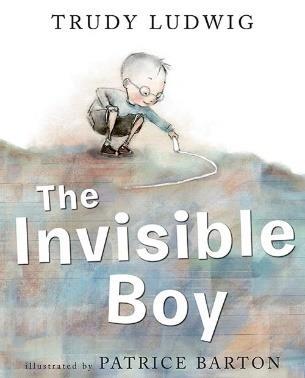
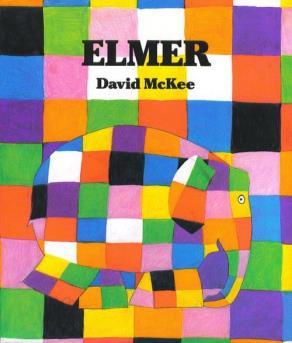
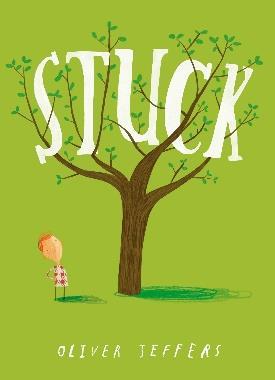
Vocab to be introduced and repeated


Recap of content from previous years:
Y1: Letter, capital letter word, singular, plural, sentence punctuation, full stop, question mark, exclamation mark.
Y2: Noun, noun phrase, statement, question, exclamation, command, compound, suffix, adjective, adverb, verb tense (past, present) apostrophe, comma, past progressive.
New content:

Preposition, conjunction, word family, prefix, clause, subordinate clause, direct speech, consonant, consonant letter, vowel, vowel letter, inverted commas, present progressive.

Genre, co ordinating conjunction, commas (to mark clauses), common noun, complex sentence, compound sentence, consonant, context, audience, blog, blurb, brackets, dialogue, direct speech, fable, first / second / third person, future tense, independent, inform, inverted commas, legend, mystery, myth, narrative, novel, pace, past tense, phrase, plural, poem/poetry, prefix, present tense, purpose, quotation, science fiction, simile, simple sentence, subordinating conjunction, suffix, verb, vocabulary, vowel, expanded noun phrase, subordinating clause
the range of sentences
nouns
including when, if because, although.


Discuss different text types understanding their structure, vocabulary and grammar.
Discuss and record ideas about different text types.
Compose and rehearse sentences orally in order to build a varied and rich vocabulary.
Draft:
Draft and write by organising paragraphs around a theme in narrative creating setting, characters and plot.
Draft and write by organising paragraphs around a theme in non- narrative material using simple organisational devices.
Evaluate:
Assess the effectiveness of own and others’ work, proposing changes to grammar and punctuation to improve consistency including accurate use of pronouns.
Proof read for spelling and punctuation errors.
Read aloud own writing to a group or whole class with appropriate intonation, tone and volume.
Using the Read Write Inc scheme, class teachers will deliver numerous spelling sessions weekly using the workbooks to ensure success and confidence in reading, writing and spelling.
Use further prefixes and suffixes and understand how to add them.
Spell further homophones.
Spell words which are often misspelt (English Appendix 1)
Place the possessive apostrophe accurately in words with regular plurals (girls’, boys’) and irregular plurals (children’s).
Use the first two or three letters of a word to check its spelling in the dictionary.
Write, from memory, simple sentences dictated by the teacher that include words and punctuation taught so far.


I
In order to ensure pupils develop their handwriting and have pride in their work, regular, pacey handwriting sessions will be taught weekly by class teachers following the scheme PenPals. Alongside these sessions, class teachers will continue uphold high expectations for presentation in all work books and provide additional interventions if or when needed.
Use the diagonal and horizontal strokes that are needed to join letters and understand which letters, when adjacent to on another, are better left unjoined
Increase the legibility, consistency and quality of their handwriting.
Throughout the year, class teachers will plan, teach and assess in line with the objectives and vocabulary outlined above. Working alongside Jane Considine’s The Write Stuff approach, children will discover a range of exciting, purposefully-selected texts (please see Year 3’s Reading Library below) to help support and develop their reading, spelling, handwriting and writing skills in order to become confident within their year group’s curriculum and instil a love and passion for the world of English.
For more information on how English is taught and delivered at Throckley Primary School, please see the document: English- Intent, Implement, Impact.


Purposes studied: To entertain, to persuade and to inform.
Autumn 1 Autumn 2 Spring 1 Spring 2 Summer 1 Summer 2
Classics Study: Treasure Island
Week 1
Week 2 Week 3
Writing Outcome: To entertain - Fiction Children to write a character description about their own pirate.
Writing Outcome:
- To entertain Non Fiction - Children to write a recount in the form of a diary entry about Stone Age Boy’s adventures from when he travelled back in time.
Writing Outcome:
Writing Outcome: To entertain - Fiction
True Story of the Three Little Pigs by Jon Scieszka
Writing Outcome:
- To entertain Fiction
The Great Kapok Tree by Lynne Cherry
Writing Outcome:
History How did human civilisation change during the Stone, Bronze and Iron Age?
- To inform Non Fiction - Children to write a non chronological report detailing what can be found within the different layers of the Earth.
Geography Unit What’s beneath my feet?
Children to write a short narrative describing the life and surroundings of a refugee child from their point of view.
PSHE Living In The Wider World
Writing Outcome:
Week 4
- To entertain Fiction
Week 5
- Children to write a setting description about the Amazon Rainforest highlight its natural beauty.
SAL outcome: Children to maintain attention and participate actively in collaborative conversations, staying on topic and initiating and responding to comments regarding deforestation.
Writing Outcome:
- To inform Non Fiction
- Children to write a magazine article about what can be found at the site of Skara Brae.
I Asked A Boy Who Cannot See
Writing Outcome:
- To entertain Poetry (Free Verse)
- Children to write a metaphorical poem about what colours touch, taste, smell and sound like.
- To inform Non Fiction
- Children to write a biography about the life and history of Tutankhamun.
Should we celebrate the Ancient Egyptians?
- Children to write their own True Story of the Three Little Pigs
SAL outcome: Children to role play plots from both traditional and true story to compare narratives.
The Incredible Book Eating Boy by Oliver Jeffers
Writing Outcome: To entertain - Fiction Children to take inspiration and rewrite the narrative about an Incredible Game Eating Boy/Girl.
Geography Unit Why is the Amazon Rainforest significant?
History Unit How did human civilisation change during the Stone, Bronze and Iron Age?
SAL outcome: Children to participate in performances of their poem.
A Poem For Every Summer Day
Writing Outcome: To entertain - Poetry (Tanka) Children to write a poem about their favourite parts of summer.
Writing Outcome:
- To persuade Non Fiction
- Children to write an advertisement script about a holiday destination they think the reader should visit.
Geography Unit We’re all going on a summer holiday, but to where?


Reading will remain a priority throughout the year, with a particular focus on instilling a love of books. Class teachers will regularly teach the below objectives through reading lessons, book talk discussions, English lessons, cross-curricular opportunities, and home time reading.
Apply their growing knowledge of root words, prefixes and suffixes (etymology and morphology) both to read aloud and to understand the meaning of new words they meet.
Read further exception words, noting the unusual correspondences between spelling and sound, and where these occur in the word.
Listening to and discussing a wide range of fiction, poetry, plays, non-fiction and reference or text books.
Using a dictionary to check the meaning of words that they have read.
Increase their familiarity with a wide range of books, including fairy stories, myths and legends, and retelling some of these orally.
Prepare poems and play scripts to read aloud and to perform, showing understanding through intonation, tone, volume and action.
Discussing words and phrases that capture the reader’s interest and imagination.
Checking that the text makes sense to them, discussing their understanding and explaining the meaning of words in context.
Asking questions to improve their understanding of a text.
Drawing inferences such as inferring characters’ feelings, thoughts and motives from their actions, and justifying inferences with evidence.
Predicting what might happen from details stated and implied.
Retrieve and record information from a range of text types.
Participate in discussion about both books that are read to them and those they can read for themselves, taking turns and listening to what others say.


